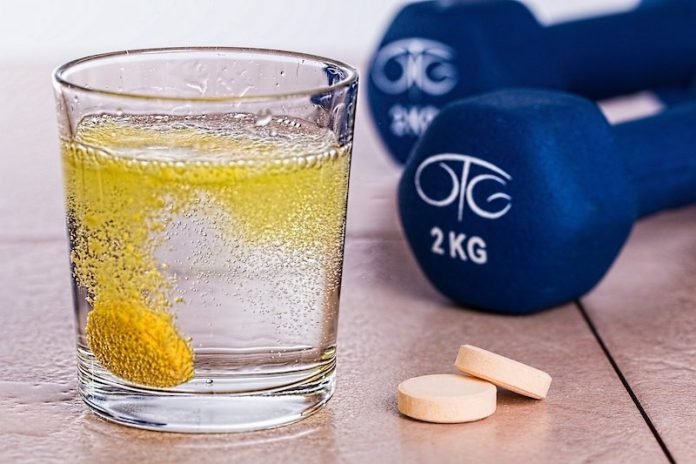
In a new study from the University of Surrey, researchers found blackcurrant extract aids exercise recovery and reduce muscle soreness by 49%.
In the study, the team examined 27 male and female participants. Each person taking part was unaccustomed to “resistance” exercise, also known as strength training.
The participants either received a regular dose of 300mg of blackcurrant extract, or a placebo over a period of 11 days.
Participants took one capsule for seven days leading up to the experiment, one capsule an hour before the experiment where they performed a series of bicep curl exercises. Each person continued to take a capsule for another four days following testing.
Each 300mg capsule contained 105mg of the antioxidant anthocyanin, equivalent to eating a large handful of fresh New Zealand blackcurrants.
The team found participants who were supplemented with blackcurrant extract were found to have three times faster recovery of muscle function over a 96-hour period, regaining muscle strength within 24 hours, while the placebo group recovered over a longer period of 72 hours.
The results also suggest that blackcurrant consumption reduced the release of creatine kinase, a protein that leaks out of damaged muscle tissue, by 84% compared to participants who had taken the placebo.
This suggests the berry’s compounds protected muscles from secondary tissue damage.
Further, researchers also found that those who had taken the extract experienced 47% and 49% less muscle soreness 24 to 48 hours after exercise compared to those who received a placebo supplement.
The team says anthyocyanin-rich foods and supplements have become popular for aiding post-exercise recovery in active people in recent years.
In the study, those who consumed the extract reported half the level of muscle soreness and regained muscle strength faster during the 96-hour recovery period.
This clearly indicated that the New Zealand blackcurrant extract suppressed the inflammatory and oxidative stress responses that stimulate pain receptors and further (secondary) muscle damage following strenuous exercise, aiding recovery.
If you care about muscle health, please read studies about this new drug may boost muscle growth, preventing aging and findings of what you should know about statin drugs and muscle disease.
For more information about muscle disease prevention, please see recent studies about protein shake for muscle growth may bring health risks and results showing that strong muscles could help you fight cancer.
The study is published in the journal Nutrients. One author of the study is Dr. Julie Hunt.
Copyright © 2021 Knowridge Science Report. All rights reserved.



